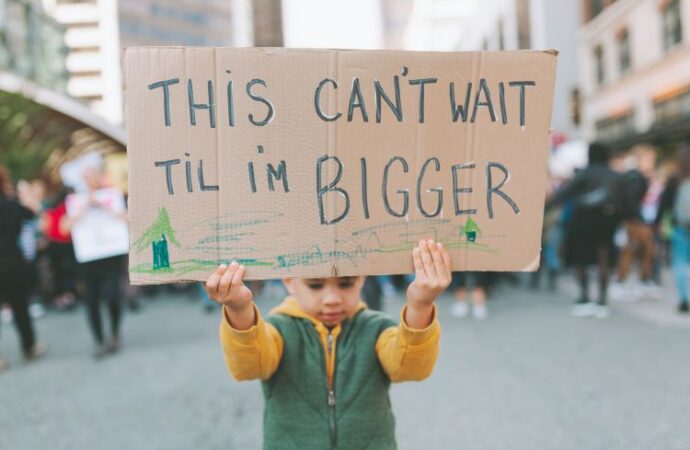Have you ever taken a moment to reflect on the ethics of climate change?
As older adults, we have had the privilege of witnessing nature’s wonders and experiencing the changes that our planet has undergone. Now it is time for us to pause and consider our responsibilities to the environment and future generations.
Climate change is no longer a distant concept. It is a reality that affects every corner of the globe, impacting both human and non-human lives. It raises important ethical questions that we need to address.
One of the key ethical dilemmas revolves around the distribution of the burden. Who should bear the responsibility for the consequences of climate change? Is it the nations that have historically emitted the most greenhouse gases, or does each individual have a personal obligation to act? Examining our own carbon footprint and making conscious choices about our behavior can help us find answers to these questions.
Another aspect to contemplate is intergenerational justice. Are we leaving behind a habitable planet for future generations? Our actions today directly impact the well-being of our children, grandchildren, and all those who will come after us. When we consider the long-term consequences of our actions, is it not our moral duty to prioritize sustainable practices and protect the environment?
Furthermore, we must acknowledge the intrinsic value of nature itself. The environment is not just a resource to be exploited for our benefit. It has inherent worth and deserves our respect. How can we justify degrading and destroying ecosystems that have taken millennia to evolve? We must embrace our role as custodians of the Earth and strive for a harmonious coexistence with nature.
Now, let’s reflect on some pertinent questions:
1. How can we promote a sense of global responsibility while recognizing the differing capacities and historical contributions of nations?
2. What personal actions can we take, big or small, to contribute towards mitigating climate change?
3. How can we ensure that future generations inherit a sustainable and thriving planet?
4. What changes can we make in our daily lives to better align with ethical principles that prioritize the environment?
These questions may not have easy answers, but engaging in the thought process starts us on a journey towards more responsible environmental behaviors. It deepens our understanding of the ethical complexities surrounding climate change and encourages us to take action, regardless of our age.
Let’s never underestimate the power of our individual actions to make a collective impact. By reflecting on the ethics of climate change and our responsibilities to the environment and future generations, we can pave the way for a more sustainable and just world.
#climatechange, #ethics, #responsibilities, #environment, #futuregenerations

























